The Echo In The Locker Room – How Lillard’s Portland Presence Could Influence The Next Era Of Trail Blazers
Damian Lillard’s recent return to the Portland Trail Blazers wasn’t marked by ceremony or spectacle. It was quiet, simple, and deeply meaningful. After a turbulent short stint in Milwaukee, marked by injuries and shifting expectations, Lillard’s decision to rejoin the Portland Trail Blazers in free agency isn’t just a homecoming; it’s a cultural pivot for a franchise that is keen on defining its next era.
In a season where the Portland Trail Blazers’ focus remained on development, youth, and long-term trajectory, Lillard’s return represents more than nostalgia. It’s a signal of continuity amid change. The organization he once carried through playoff runs and rebuilds alike now looks to him not just as a scorer, but as a mentor, a stabilizer, and a connective thread between the past and the future.
There was no need for pomp and flair to understand what this moment meant. Just his signature on a three-year contract was enough to send a message not only to fans, but to the young core growing within the locker room. For Shaedon Sharpe, Scoot Henderson, and the rest of the Portland Trail Blazers’ rising roster, Lillard’s presence underscores that the foundation he helped build still matters. And for the franchise, it’s a reminder that leadership isn’t only about who’s putting up 30 points a night. Sometimes, it’s about who still shows up when the dust settles.
Legacy Isn’t Just a Retired Number
Lillard doesn’t need a statue to be remembered in Portland. He left as the franchise’s all-time leading scorer, a nine-time All-Star, and the face of the Blazers for nearly a decade. But what makes Lillard’s legacy stand out isn’t just what he did; it’s how he managed to accomplish it.
Lillard never forced his way out in his prime. He never checked out mentally during losing streaks, and didn’t treat the Portland Trail Blazers like a stepping stone. For a generation of younger Blazers, that matters a lot. It’s not just nostalgia, it’s about defining a blueprint that the younger stars can follow.
Scoot Henderson and Shaedon Sharpe are two crucial pieces of the rebuild. Each has unique talent, but none has walked in the footsteps of a franchise leader yet. Lillard’s return offers more than handshakes and hugs. It’s a chance to see up close what professionalism, leadership, and loyalty look like in practice.
The Cultural Standard He Left Behind
Rebuilding a team isn’t just about swapping rosters. It’s about resetting expectations and culture in general. For all the Portland Trail Blazers’ recent discussions about player development, pace, and long-term vision, none of that matters without the right identity. And for over a decade, Damian Lillard has been a perfect example of that identity: tough, composed, and unshaken by market size or media narratives.
During his first stint with the franchise, Damian Lillard was willing to put the team on his back, whether in playoff runs or towards the end of the regular season. The stories told around Portland’s locker room, the work ethic, the no-excuses mindset, and the offseason intensity are a testament to the lasting imprint that Damian Lillard left on the franchise.
That’s the echo. Not a ghost, not a shadow, but a standard.
Even now, players like Henderson can sense it. In interviews, Scoot has referenced how he studies Lillard’s film and appreciates the way he “carried himself through everything.” That kind of respect isn’t manufactured. It’s inherited. And it’s part of what makes Lillard’s brief return so potentially impactful.
Lessons in Patience and Purpose
The current Trail Blazers roster is undeniably young and bursting with potential. But potential without patience is just noise in a loud league. It’s easy to get swept up in projections and promises. Harder still is teaching a locker room full of twenty-somethings how to navigate the space between raw talent and real impact. That’s where Damian Lillard’s legacy still matters —not in statistics or old highlights, but in the mindset he modeled during his decade in Portland.
Lillard didn’t enter the NBA with a spotlight. He came from Weber State, not a blue blood. He didn’t arrive with shoe deals or predictions of future MVPs. What he did bring was a commitment to the grind year by year, rep by rep. He showed what it looks like to lead before the accolades arrive. He learned how to take responsibility for losses, how to bear pressure without external validation, and how to grow through frustration rather than flee from it. That arc, the one that led him from an overlooked rookie to an All-NBA franchise cornerstone, is one that this young core can study as both a blueprint and a warning.
Scoot Henderson is only 21, still learning the tempo of the NBA game and the weight of expectations that come with being handed the keys to a franchise. Shaedon Sharpe, on the other hand, is just 22 and a physical marvel still finding his rhythm and voice on the court. None of these players is a finished product. And more importantly, none of them should be expected to be.
In today’s NBA, where fans and front offices alike grow impatient after a bad month, let alone a rough season, Lillard’s story stands in contrast. He became a superstar in a small market by trusting in slow growth and staying present through the process. He didn’t chase shortcuts; instead, he chose to invest in the culture, in the locker room, and his long-term development. It’s a lesson that still resonates inside Portland’s walls: greatness isn’t microwaved, it’s built over time.
Conclusion
The Trail Blazers don’t need Damian Lillard to be a player-coach or a team ambassador. They don’t need him to narrate their rebuild or sign a one-day contract to retire in red and black just yet. What they need is what he’s already giving them: visibility, continuity, and quiet validation.
Lillard’s presence this week wasn’t about rewriting history. It was about reminding the next generation of the Portland Trail Blazers what the last one stood for and what pieces from that era are worth carrying forward. The echoes in the locker room aren’t distractions; they are crucial pieces of the team’s foundation.
And if the Portland Trail Blazers listen closely, they might hear a familiar rhythm guiding them toward a new identity —one rooted not in trying to replace Damian Lillard, but in learning from him.
That being said, from what we have seen so far. It’s not about replicating his path, but about absorbing the mentality that shaped it: resilience, loyalty, and a belief in building where you are. The torch doesn’t need to be passed in a ceremony. Sometimes, it’s passed in silence, simply by showing up.
Share this content:

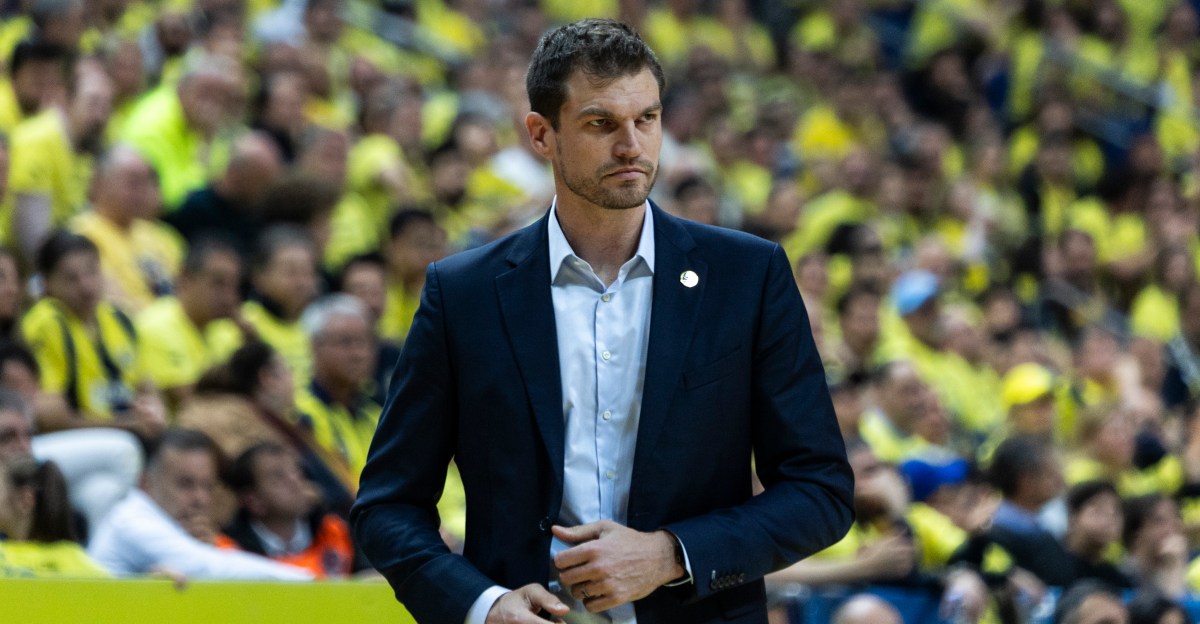
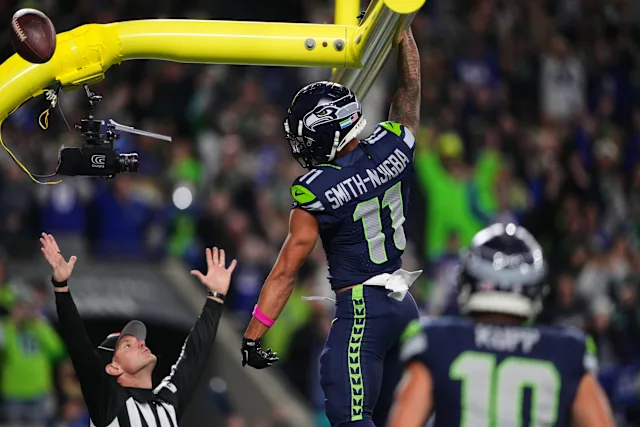
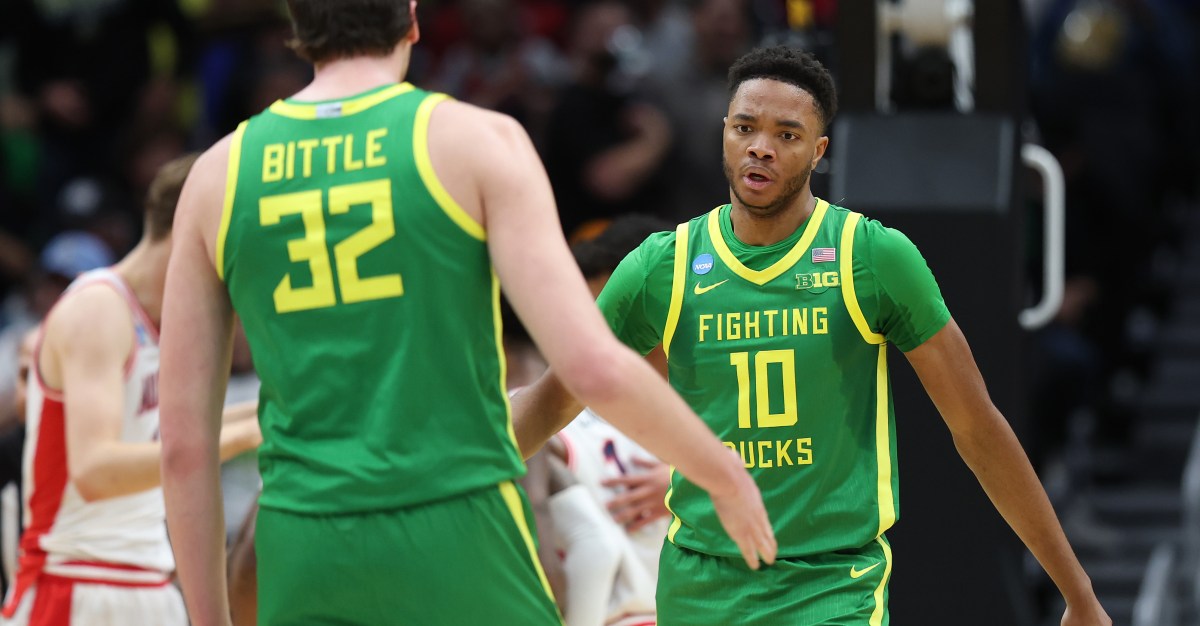






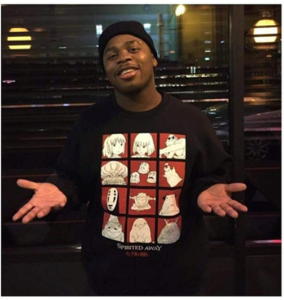


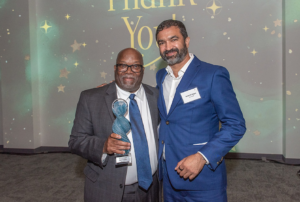
Post Comment